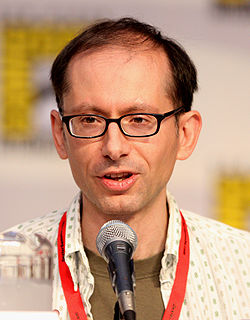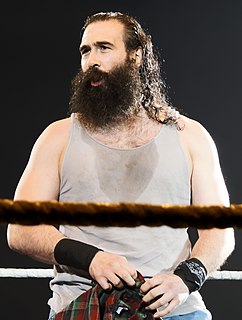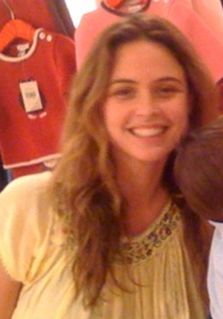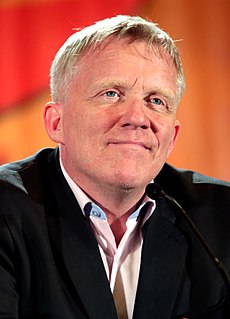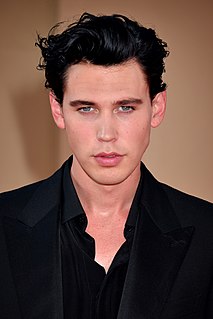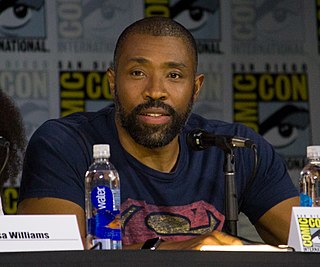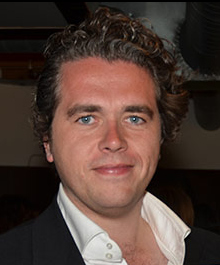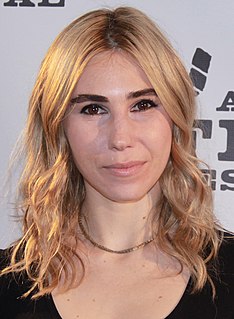A Quote by David X. Cohen
I feel like there's a lot of experience I have from doing TV animation that would be especially useful doing an animated film in terms of some efficiencies of the process that are necessary for TV, just because you have to crank out material every week, that could be applied to film.
Related Quotes
The first thing I say when people ask what's the difference [between doing TV and film], is that film has an ending and TV doesn't. When I write a film, all I think about is where the thing ends and how to get the audience there. And in television, it can't end. You need the audience to return the next week. It kind of shifts the drive of the story. But I find that more as a writer than as a director.
When I got to 'Looking,' I didn't know that you could write stuff and they would put it on TV. That was that experience. My boss was Andrew Haigh and he came from film; he had never done TV. It was his first TV show, and he was running it. And I think he was like, 'Write it, and we'll put it on.' It was lovely.
It [TV] is the cancer of film. It's why people can't be educated to film. In the late '60s, we expected to see a movie or two every week and be stimulated, excited and inspired. And we did. Every week after week. Antonioni, Goddard, Truffaut - this endless list of people. And then comes television and home video. I know how to work exactly for the big screen, but it doesn't matter what I think about the art of movie-making versus TV.
My first job was television. I got to where I wanted to go, but through a little bit of a detour. When I first started working in film and television, I hated myself - I didn't like what I was doing at all. All I could think of was, 'I'm overacting. Be smaller.' I started to do that, but that was not fun. I felt confined doing film and TV.
No one is banging my door down to be a superhero. I don't know how good I would be. I have low bone density, so I don't know if anyone really wants to put me in a cape and chuck me out a window. But a lot of my friends, who are great actors and who come from film, are doing TV because that's where the opportunities are. For us, it does feel like it's similar to making the movies that we used to make.
